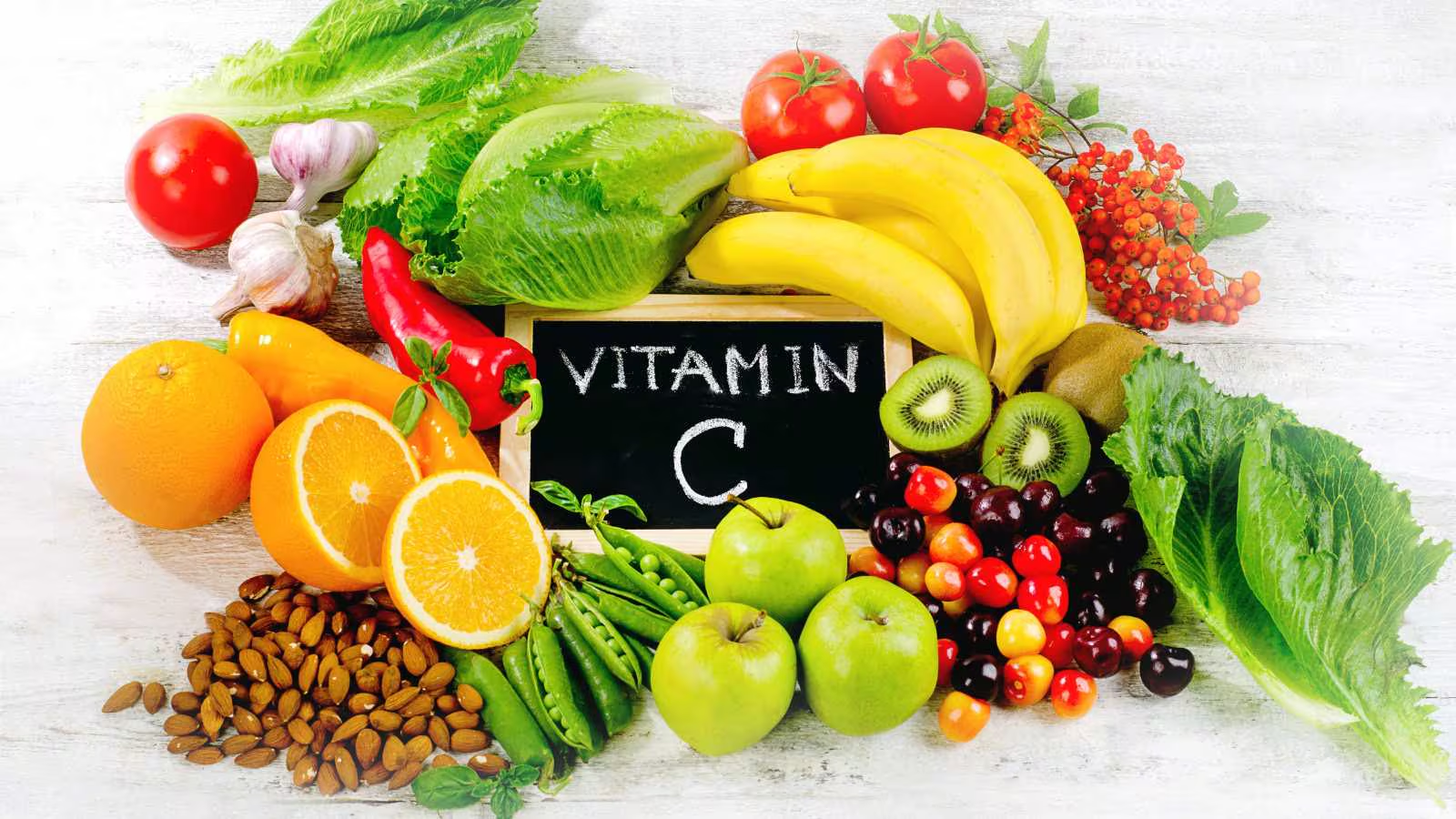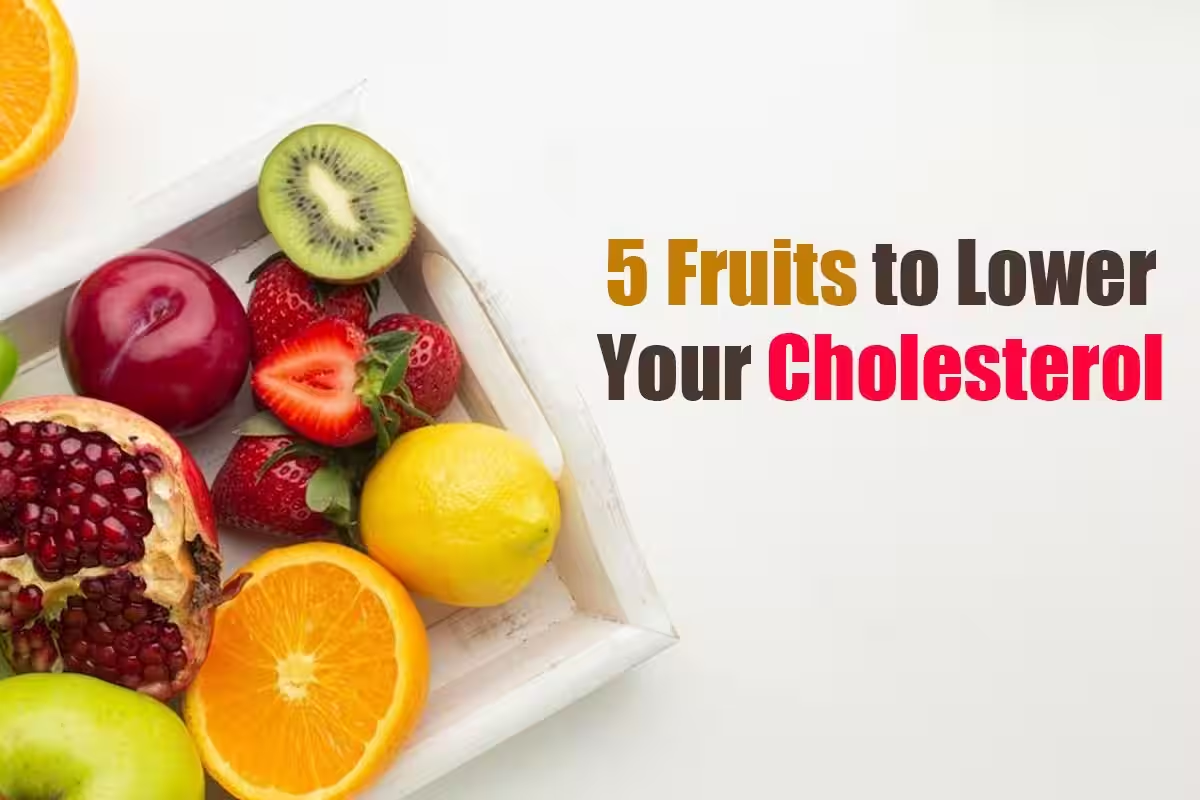
Vitamin C, also known as ascorbic acid, is an essential nutrient that plays a vital role in maintaining a healthy immune system, promoting glowing skin, healing wounds, and acting as a powerful antioxidant. While our body doesn’t produce or store vitamin C, the good news is—it’s abundant in natural foods!
Why Is Vitamin C Important?
- 🛡️ Boosts Immunity
- 💊 Helps in Iron Absorption
- 🧬 Promotes Collagen Production
- 💉 Accelerates Wound Healing
- ⚔️ Protects Against Free Radicals (Antioxidant)
🥗 Top 10 Natural Sources of Vitamin C
Here’s a list of foods rich in vitamin C you should include in your daily diet:
1. Amla (Indian Gooseberry)
One of the richest sources of vitamin C. Just one small amla can provide over 80% of your daily needs.
2. Oranges & Citrus Fruits
Orange, lemon, lime, grapefruit – all are great sources. One medium orange contains ~70 mg of vitamin C.
3. Guava
Packed with over 200 mg per 100g, guava has more vitamin C than oranges!
4. Red & Green Bell Peppers
Red bell pepper contains more vitamin C than an orange. Great addition to salads and stir-fries.
5. Strawberries
A cup of strawberries gives you nearly 90 mg of vitamin C. Also rich in antioxidants.
6. Papaya
Delicious and nutritious, papaya provides ~90 mg of vitamin C per cup.
7. Kiwi
A small green fruit that delivers a powerful vitamin C punch – ~70 mg per kiwi.
8. Tomatoes
Especially sun-dried or raw cherry tomatoes—great in salads and sauces.
9. Broccoli & Cauliflower
Steamed or raw, these cruciferous veggies are a great vitamin C boost.
10. Pineapple
Juicy and tropical, a single cup contains about 80 mg of vitamin C.
💊 When to Consider Vitamin C Supplements
While natural food sources are ideal, there are times when supplements may be necessary:
- ❗ During illness or recovery (e.g., cold, flu, infections)
- 🤰 Pregnancy or breastfeeding
- 🧓 Older adults with limited diets
- 🚬 Smokers (they need more vitamin C)
- 🚫 People with poor dietary intake or absorption issues
- ⚠️ Certain medical conditions or surgeries
Recommended Daily Intake:
- Adults: 65–90 mg/day
- Upper Limit: 2000 mg/day (don’t exceed without doctor’s advice)
📝 Summary
Incorporating a variety of fruits and vegetables into your daily meals can easily help you meet your Vitamin C needs naturally. Supplements can be helpful in specific situations but should never replace a healthy, balanced diet.
Pro Tip: Vitamin C is water-soluble and sensitive to heat, so try to eat fruits and lightly cooked vegetables to retain maximum nutrition.





